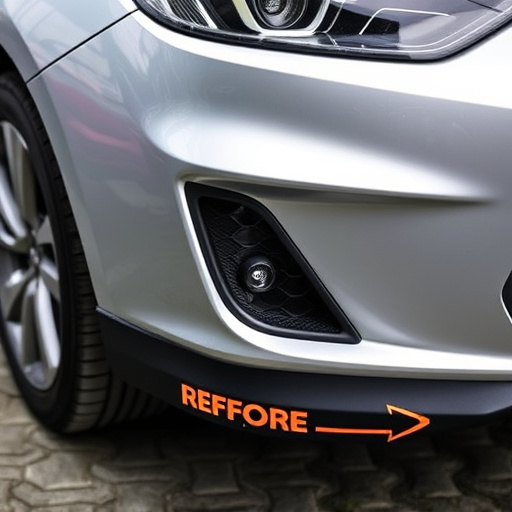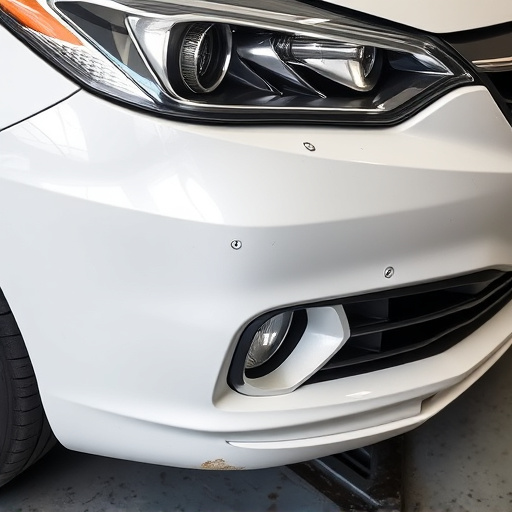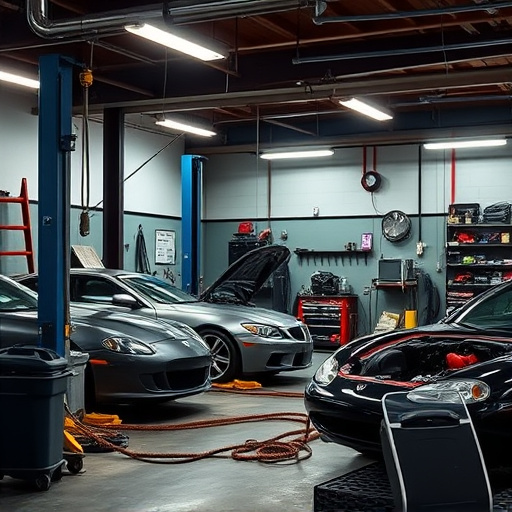Highway collision centers serve as vital hubs for automotive safety, providing comprehensive vehicle restoration services and educational initiatives. With skilled technicians, advanced technology, and strict industry standards, these centers efficiently handle complex repairs while minimizing downtime. By staying updated with the latest dent removal and fender repair technology, and prioritizing staff training on protocols and safety practices, highway collision centers ensure superior service and a positive reputation, ultimately contributing to safer driving practices.
Highway collision centers play a vital role in automotive safety, serving as crucibles for vehicle repair and roadworthiness. These modern facilities are equipped with cutting-edge technology and specialized infrastructure to handle high-impact crashes efficiently. From state-of-the-art diagnostic tools to certified technicians, they ensure vehicles return to the road safely. This article explores the key features, best practices, and operational intricacies of highway collision centers, shedding light on their essential contribution to road safety.
- The Role of Highway Collision Centers in Automotive Safety
- Key Features and Infrastructure of Modern Collision Centers
- Best Practices for Operating Efficient and Safe Highway Collision Facilities
The Role of Highway Collision Centers in Automotive Safety
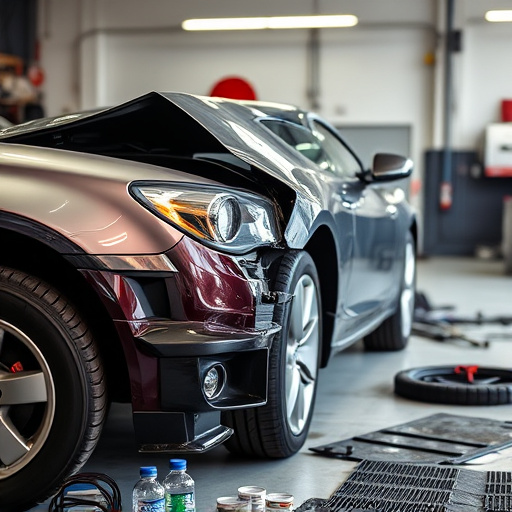
Highway collision centers play a pivotal role in automotive safety, serving as crucial facilities that ensure the well-being and security of drivers and passengers on our roads. These specialized centers are equipped to handle the complex task of vehicle accident restoration and repair, often involving severe damage to car structures and systems. With highly trained technicians and state-of-the-art equipment, they are able to perform precise auto bodywork and vehicle body repair, getting damaged cars back on the road safely and efficiently.
The services provided by highway collision centers extend beyond mere repairs; they also contribute to overall safety through their role in accident prevention and education. By understanding the causes of collisions and the impact of various types of damage, these centers can help promote safer driving practices and inform the public about the latest advancements in vehicle safety technology. This dual focus on repair and education makes highway collision centers integral to maintaining a safe and reliable transportation network.
Key Features and Infrastructure of Modern Collision Centers

Modern highway collision centers are advanced facilities designed to efficiently handle vehicle damage and provide top-notch vehicle repair services. These centers boast a range of key features that ensure swift and effective operations. The infrastructure typically includes spacious workshops equipped with state-of-the-art machinery for precise vehicle body shop work, allowing technicians to skillfully restore vehicles to their pre-accident condition.
Furthermore, many collision centers offer additional services like tire services, ensuring comprehensive care under one roof. Advanced training and certification for staff, along with adherence to strict industry standards, guarantee high-quality repairs. These centers are designed to minimize downtime, employing streamlined processes and efficient inventory management systems, ultimately contributing to a smoother recovery experience for vehicle owners.
Best Practices for Operating Efficient and Safe Highway Collision Facilities
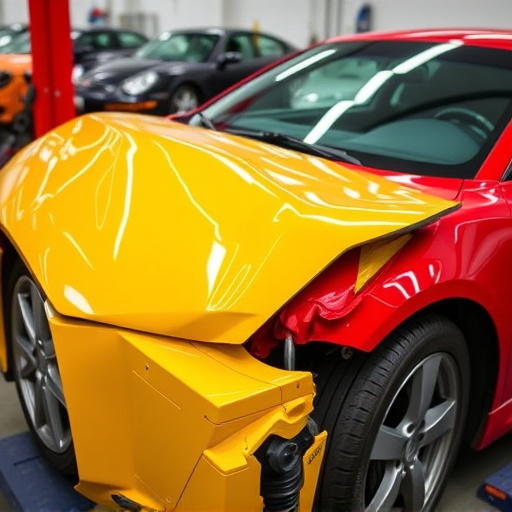
To operate a highway collision center that is both efficient and safe, several best practices should be implemented. Firstly, staying up-to-date with the latest technology in dent removal and fender repair ensures faster turnaround times and superior quality work. This includes investing in advanced equipment for collision repair, which can accurately assess damage and facilitate precise repairs.
Secondly, prioritizing safety measures is paramount. Regular staff training on safety protocols and proper use of tools is essential. Additionally, maintaining a well-organized and clean workspace reduces the risk of accidents. Proper storage of hazardous materials and adherence to environmental regulations also safeguard both employees and the surrounding community. These practices not only ensure the smooth operation of the highway collision center but also contribute to a positive reputation through high-quality services and adherence to safety standards.
Highway collision centers play a vital role in ensuring automotive safety by providing efficient repairs and quick response times. By integrating modern technologies and adhering to best practices, these facilities offer a secure environment for vehicle restoration. Understanding their key features and operational standards is essential for enhancing road security and improving the overall experience of accident victims.



